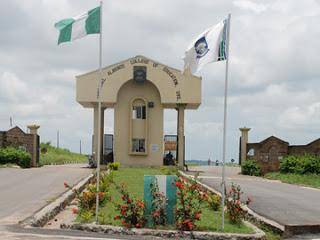FG enrols 2 million out-of-school almajiri children


The federal government has enrolled two million out-of-school almajiri children in basic and Arabic literacy initiatives.
Tahir Mamman, Minister of Education, stated this during the Citizens and Stakeholders Engagement on Nigerian Education Sector Ministerial Deliverables on Tuesday in Abuja.
Upon taking office, President Bola Tinubu held a cabinet retreat for ministers, permanent secretaries, and top government officials to prepare and familiarise them with the workings and operations of his administration.
He expressed regret for the recent kidnapping of several University of Calabar students and stated that the ministry is working with security authorities to return the students as well as obtaining funding from the TETFund to help fence the university.
The minister went on to say that in months, the ministry was able to develop guidelines and training manuals for implementing inclusive basic education. He claims that these have helped to boost access, enrollment, and completion rates at the primary, secondary, and tertiary levels.
Corroborating this, Yusuf Sununu, minister of state for education, stated that the ministry used technology in education to boost learning and skill development and acquisition at all levels. He stated that this will address instructors and the learning crisis at the basic education level.
Jamiu Alli-Balogun, the Lagos commissioner for education, voiced concern about an increase in WAEC fees to N27,000. He noted that most parents could not afford to pay this fee.
He appealed to the federal government to devise a policy for subsidising the fees to give Nigerian children quality and affordable education.
Regarding the out-of-school challenges, he said the recent inflow of children from other parts of the country to Lagos state was a problem, saying if it was not handled, it could spur more social vices.
Also, the National Safe School Response Coordination Centre commander, Hammed Abodunrin, said it was time the country took the security of its citizens seriously.
Mr Abodunrin said there was a need to provide security education to the citizenry, noting that the centre, in collaboration with the education ministry, was ready to launch security education in schools.
On his part, Mikayla Ibrahim, Education Adviser of the British High Commission, said the UK government supported Nigeria’s basic education by implementing the GEP III project. He said the GEP project has given about 1.5 million girls access to learning. He said the GEP project has also worked well in the Reading and Numeracy and Cash Transfer Programmes.








